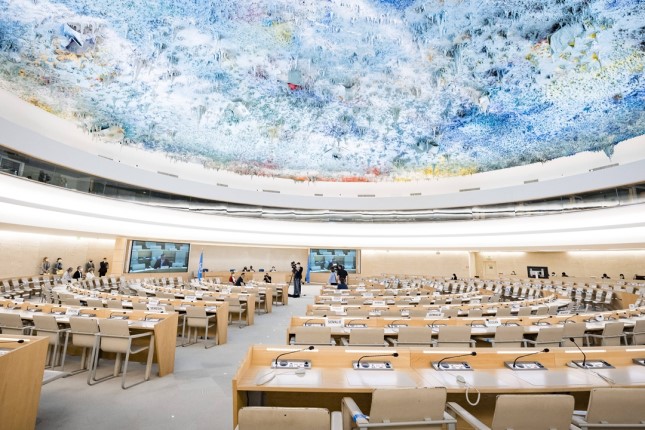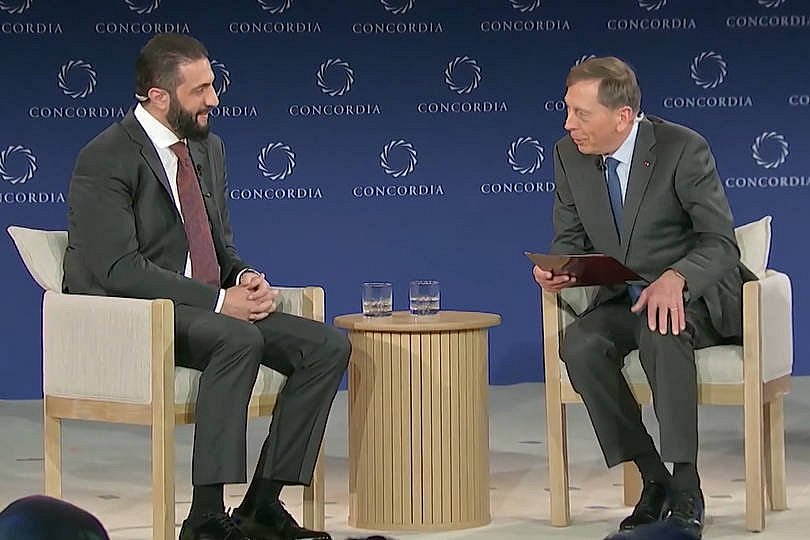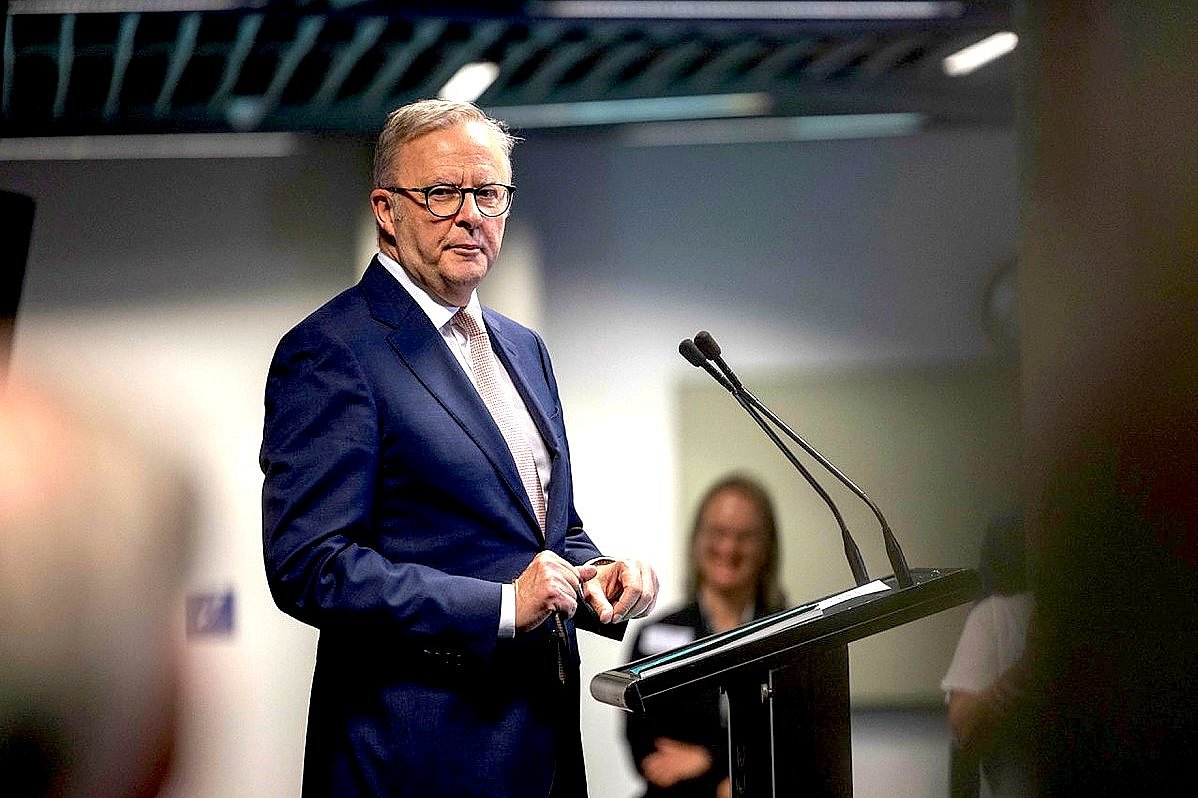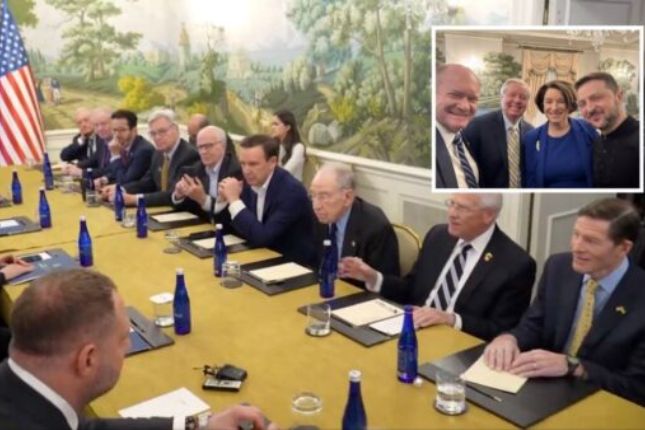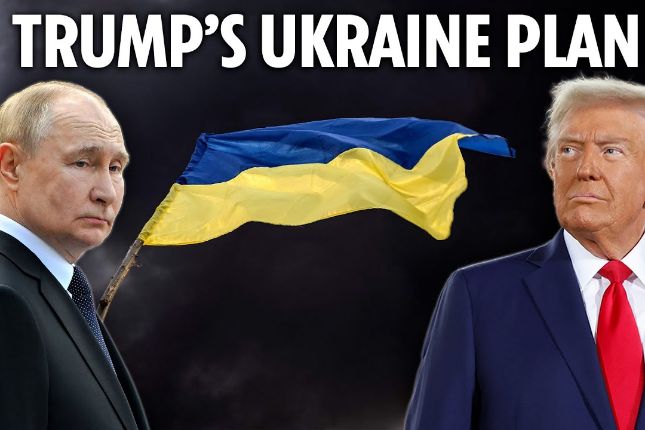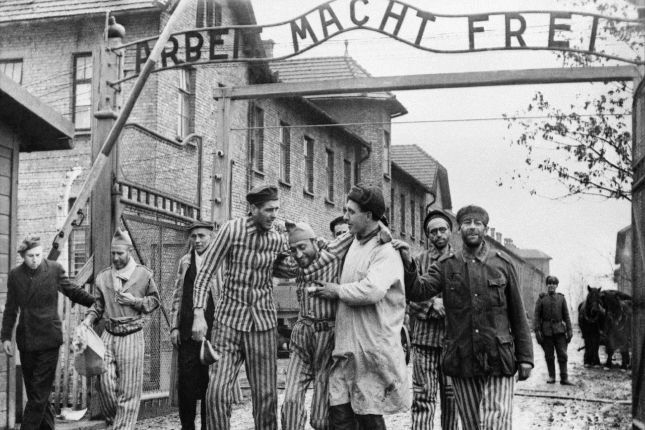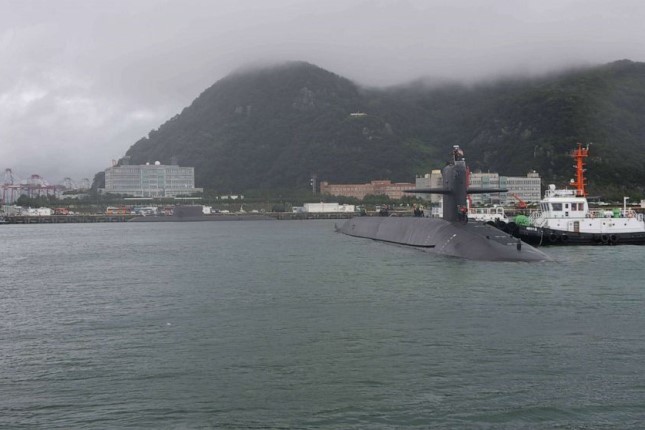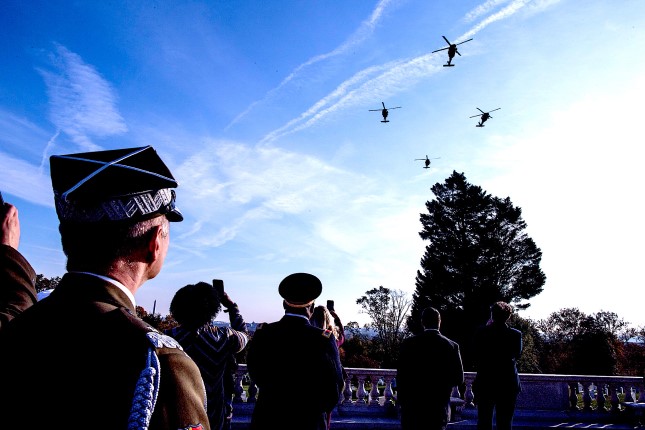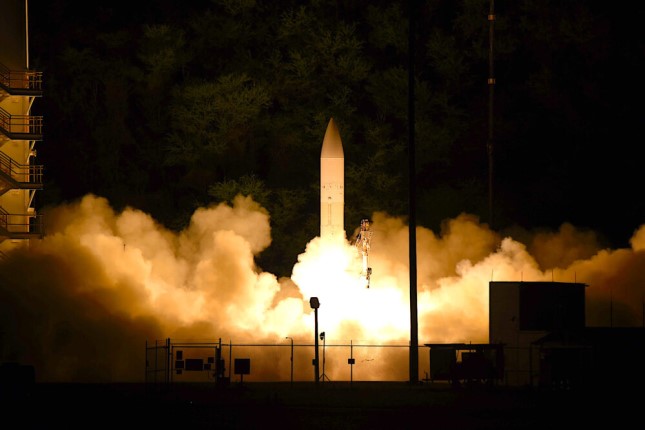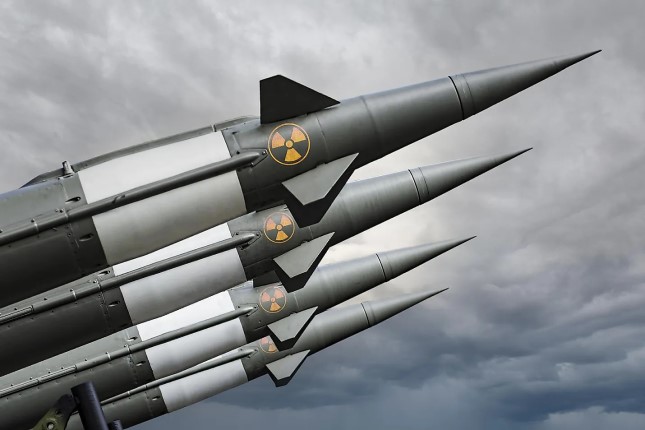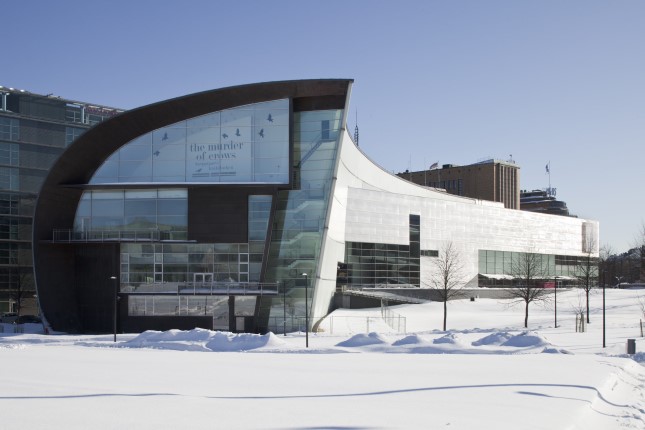A handful of Western countries have attempted to hijack the 52nd regular session of the UN Human Rights Council (UNHRC) that began in Geneva on Monday as a platform to scorch and further isolate Russia, as well as China, said Chinese experts. They warned that such blatant politicalization of this international mechanism, and the attempt to turn it into an arena for bloc confrontation will dim its sheen as a platform for exploring global human rights development.
The experts also said Western countries' exclusive focus on smearing Russia in fact exposes their hypocrisy, as they only use the human rights issue to achieve their own political purposes, while ignoring other human rights crises that need to be addressed, such as the impact of the recent earthquakes in Syria.
The UNHRC session will last through April 4, starting with a high-level segment from February 27 to March 2, and dignitaries representing more than 125 member states will address the council.
In a speech delivered to the session via video link on Monday, Chinese Foreign Minister Qin Gang proposed the following: committing to a path of human rights development that suits the realities of each country; to the comprehensive promotion and protection of all human rights; to international fairness and justice and to dialogue and cooperation, according to a readout published by the Chinese Ministry of Foreign Affairs.
No country is qualified to act as the judge on human rights, and human rights should not be used as a pretext for meddling in other countries' internal affairs or holding back other countries' development, said Qin.
The purposes and principles of the UN Charter should be observed by all, and human rights exchanges and cooperation be carried out on the basis of equality and mutual respect. The acts by some to politicize, weaponize and instrumentalize human rights issues should be opposed, said the minister.
At a news briefing on Tuesday, Mao Ning, spokesperson of the Chinese Ministry of Foreign Affairs, reiterated Qin's proposals, noting the UNHRC should be a platform for dialogue and cooperation, not a wrestle ring for politicalization and bloc confrontation.
Hijacking the platform
Qin and Mao's remarks were made after Western countries scorched Russia at the UNHRC for its conflict with Ukraine, as the crisis has been dragging on for more than one year.
Bonnie Jenkins, the US under secretary of state for arms control and international security, criticized Russia at the UN council for suspending its participation in New START, the last nuclear arms control pact between Moscow and Washington, AFP reported.
In her speech to the conference, German Foreign Minister Annalena Baerbock also denounced Russia for "undermining the arms control architecture we all depend on."
This is Western countries' common practice to politicalize this platform, turning it into a wrestling ring for bloc confrontation, as well as smearing certain other countries to achieve its own political purposes, Chang Jian, director of the Research Center for Human Rights at the Tianjin-based Nankai University, told the Global Times on Tuesday.
Experts said the US and some Western countries' efforts in turning the UNHRC into an arena between "democratic countries" and "authoritarian countries" will poisoned the atmosphere and sabotaged global human rights causes.
The US and the West have highly politicize topics on the Ukraine crisis and plotted to make criticizing Russia as "politically correct," which, however, is not the way to solve related human rights problems, Wang Jiang, an expert with the Institute of China's Borderland Studies at Zhejiang Normal University, told the Global Times on Tuesday.
Countries from Europe and others such as the US, Canada and Japan also pushed for a motion to hold a debate over alleged human rights abuses in China's Xinjiang region. However, the motion was voted down 19-17 with 11 abstentions as countries from Asia, South America, Africa, and the Middle East have banded together.
Chang mentioned that apart from throwing mud at Russia, this small group consisting of Western countries also seeks to make China look bad on this international occasion. "But those countries forgot the power of the silent majority, as many developing countries are neither willing to publically denounce Russia for the conflict; nor caring to join the club in attacking China," said Chang. Western countries are barking louder at the UNHRC, but it is more difficult for them to convince developing countries.
Wang said that the UNHRC is facing growing challenges on how to coordinate and perform its duties. The key for its future reforms will also be how to better play its role in promoting global human rights issues.
Ignoring the real crisis
Wang said that as a multilateral platform focusing on human rights issues, wider topics deserve global attention, especially on the deteriorating humanitarian crisis in some countries due to unilateral sanctions.
Take Syria. Two devastating earthquakes and numerous aftershocks that hit Turkey and Syria since February 6 have caused more than 50,000 deaths and left millions of children in need of urgent humanitarian support, especially in the war-torn Syria.
The unilateral sanctions from the US and European Union had greatly hindered the rescue work after the earthquakes with more countries and the international community calling on the West to lift the sanctions and stop the politicization of aid.
The Western countries' selective blindness toward the crisis in Syria and other crises also exposed their hypocrisy on human issues, said Chang, noting that for those countries, human rights issue is just a tool to concoct rumors to sabotage other countries' images, while happily turning a blind eye to the real human rights crisis.
Photo: Human Rights Council at the United Nations in Geneva © VCG.
Source: The Global Times.
